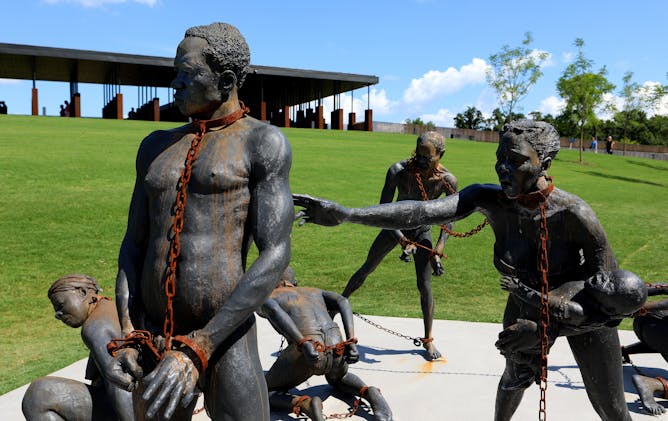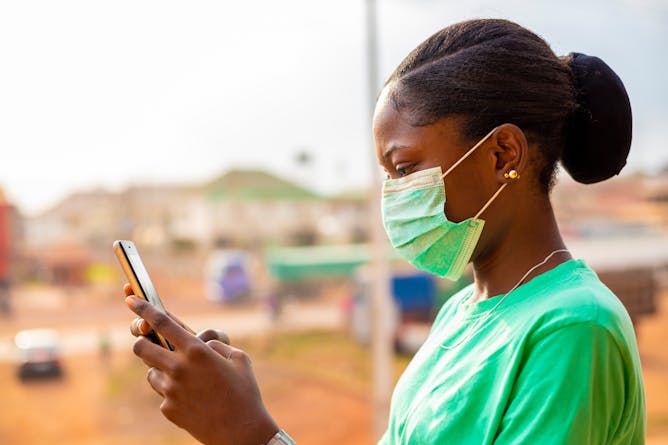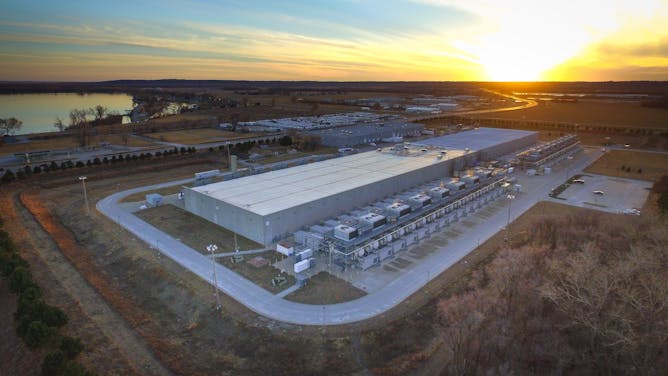|
|
|
|
I’ve got a soon-to-be-overdue university library book resting near my front door, but because there’s no convenient reason to swing by a locked-down campus I haven’t gotten there. You might think I’d be clamouring for a reason to get out of my neighbourhood, but an empty library with so many unbrowsable aisles devoid of people seems dystopian.
What will universities look like after COVID-19? It’s difficult to imagine, but so must it have been in other decades.
Today in The Conversation Canada, Thomas Klassen of York University considers some of the changes universities have navigated since the post-war period. He notes that before the 1940s, “universities were small, and admitted only the elite who were educated for a limited number of professions.” Through the rise of the knowledge economy and the growth of “global educational markets,” he finds, “never before have institutions of higher education been so influential and powerful in the lives of families, communities and in the state.”
Also today:
Regards,
|
Susannah Schmidt
Education + Arts Editor
|

|
|

This past century, universities have proven to be nimble and entrepreneurial even while adroitly portraying themselves as guardians of tradition.
(Shutterstock)
Thomas Klassen, York University, Canada
Universities have successfully adapted during nearly a century of disruption. Will international branch campuses be the next development in navigating COVID-19?
|

Kwame Akoto-Bamfo’s sculpture dedicated to the memory of the victims of the Transatlantic slave trade on display in Montgomery, Alabama.
Raymond Boyd/Getty Images
Rhoda E. Howard-Hassmann, Wilfrid Laurier University
The turn towards authoritarianism, xenophobia and racism in Western democracies makes it unlikely that former Western slave-trading nations will agree to reparations in the near future.
|

The accounting profession and others in the financial services industry are at risk of extinction due to technological advances.
(Adeolu Eletu/Unsplash)
Erica Pimentel, Concordia University
In the face of technological threats, it may be tempting to turn finance professionals into data scientists. This isn't the way forward. Instead, they need to find new uses for their expertise.
|

In refugee camps, access to the internet means being able to connect to family, information and resources.
(Shutterstock)
Negin Dahya, University of Toronto; Cansu E. Dedeoglu, University of Toronto; Laurie Decarpentrie, Université du Québec à Montréal (UQAM); Olivier Arvisais, Université du Québec à Montréal (UQAM)
During the ongoing coronavirus pandemic, research in places like refugee camps can continue through mobile devices connected to the internet.
|

Street dancers wearing face masks dance the tango in Madrid, Spain, Dec. 16, 2020.
(AP Photo/Manu Fernandez)
Louis-Etienne Dubois, Ryerson University; David Gauntlett, Ryerson University; Ramona Pringle, Ryerson University
Governments, universities and creative companies that have experienced growth in the pandemic should play a role in long-term collaborative strategies to support artists and small arts companies.
|
La Conversation Canada
|

La conséquence la plus évidente de la pandémie concerne la méthodologie initialement projetée. Certaines activités, comme les entrevues, ont pu être « délocalisées » en ligne.
Shutterstock
Frédéric Dejean, Université du Québec à Montréal (UQAM)
La pandémie a des impacts sur la recherche, non seulement sur la façon de concilier le travail de terrain et les règles sanitaires, mais sur le rapport du chercheur avec l’objet étudié.
|

Les centres de données comme celui de Google dans l’Iowa consomment de grandes quantités d’électricité.
Chad Davis/Flickr
Kate Saenko, Boston University
Il y a une montée en flèche des coûts énergétiques et financiers de la recherche en IA. Elle nécessite énormément de calculs pour apprendre à comprendre les données, autrement dit, pour s’entraîner.
|
COVID-19
|
-
Cihan Cobanoglu, University of South Florida; Faizan Ali, University of South Florida; Khuraman Shahtakhtinskaya, University of South Florida; Luana Nanu, Auburn University
The positive reaction to service workers wearing masks varied by region, with those in the West on the high end and people in the Midwest at the low end.
|
|
Environment + Energy
|
-
S. Anna Florin, University of Wollongong; Andrew Fairbairn, The University of Queensland; Chris Clarkson, The University of Queensland; James Shulmeister, University of Canterbury; Nicholas R Patton, University of Canterbury; Patrick Roberts, Max Planck Institute for the Science of Human History
Tiny nutshell fragments, found at a rock shelter in the Kakadu region, have helped researchers track past climate change in the region.
|
|
Health
|
-
Siobhán Mattison, University of New Mexico; Adam Z. Reynolds, University of New Mexico; Katherine Wander, Binghamton University, State University of New York
Living in societies with gender bias can harm women's health.
|
|
| |
| |
| |
| |
| |
| |
|
|
|
|
|
|
|